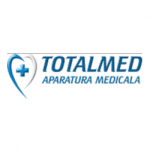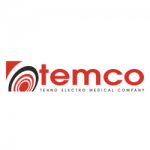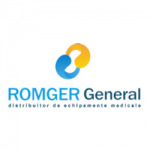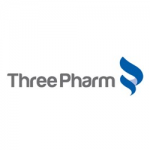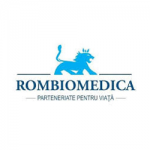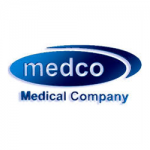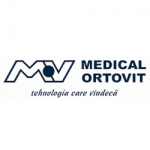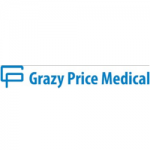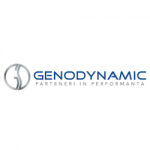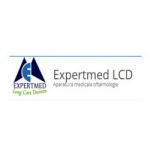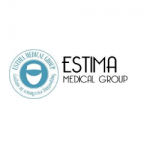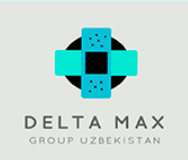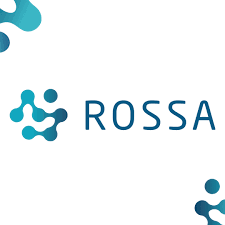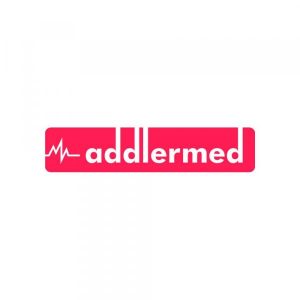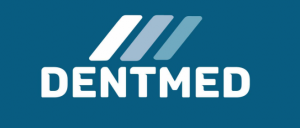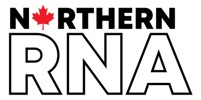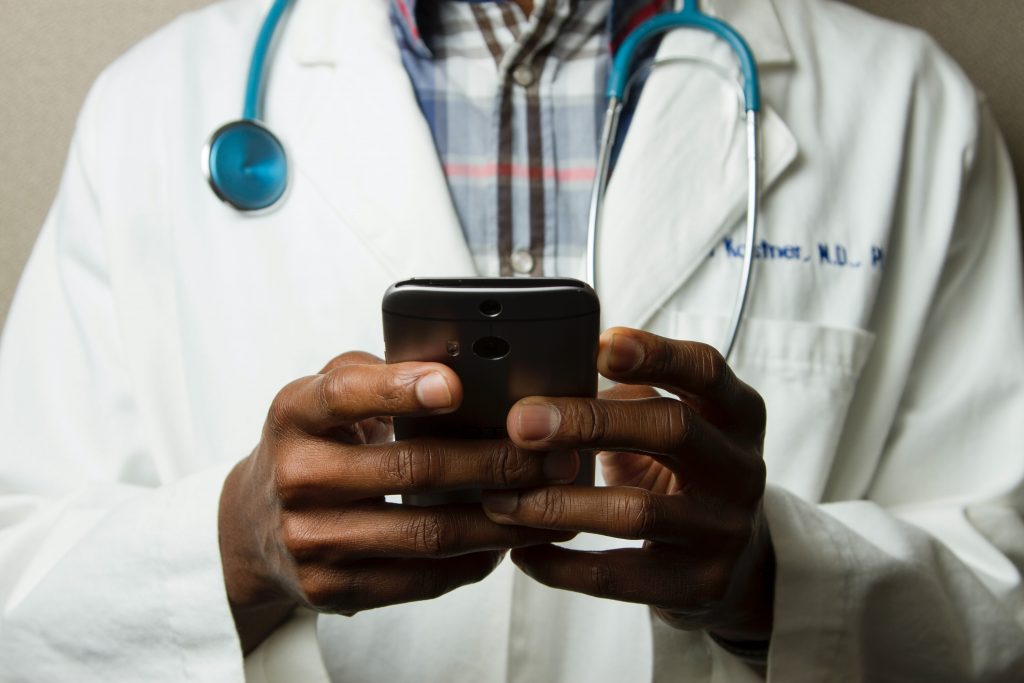
“The country is so big, the healthcare system so poor and the opportunities so many.” (Philip Okito, CEO, trAIDe Health)
Nigeria, Africa’s emerging giant still suffers of growing pains
Nigeria has the biggest black population in the world with approximately 200 Mio. people. Today, every 6th African is Nigerian. The growth rate of the Nigerian population is tremendous with more than 5 Mio. people adding yearly. According to the United Nations, the population of Nigeria will double and reach 400 Mio. by 2050, bigger than the US! But Nigeria is not only the largest population of Africa but also the biggest economy. Nigeria is already among the world’s top 20 oil & gas producers today and among the top 10 worldwide in reserves.
The growing population and economy make Nigeria not only an attractive consumer market but also a promising healthcare market, with a growing demand for medical products and services.
Here are some of the health challenges that Nigeria faces:
● Increased number of heart disease, diabetes, and cancer due to the adaptation of western lifestyle, especially in bigger cities like Lagos, Kano, and Ibadan.
● Child mortality rate is among the highest worldwide with 1 out of 5 children dying before the age of five.
● Maternal death: Nigeria has the fourth highest maternal mortality ratio worldwide with 1 out of 13 women dying while giving birth.
The demand for healthcare services in Nigeria is high and will increase with the growth of the population. Unfortunately, this rising demand cannot be covered by Nigeria’s weak healthcare system today:
• There are currently 41,000 hospitals (according to the health facility registry, HFR) in Nigeria with 70% being privately owned. Nigeria’s shocking 0.8 beds per 1,000 inhabitants compares poorly to 8 beds per 1,000 inhabitants in Germany.
• Although Nigeria has well-educated and trained physicians, the total amount of medical professionals such as doctors, nurses, and midwives is too low to provide sufficient services to its growing population (0.4 doctors per 1,000 inhabitants). Especially in rural areas, the coverage of medical services is very thin. These statistics are even worsened by a growing amount of specialists migrating abroad causing a major brain drain effect.
• Less than 10 % of Nigeria’s population is covered by insurance and therefore 2/3 of the costs for medical services are paid out-of-pocket by the patients. Unfortunately, most often only the high-income population is able to afford medical treatment. This is a major topic that the public sector would have to tackle through its National Health Insurance Scheme (NHIS) in the short to mid-term.
Nigeria should turn its health problem into a health asset and become the medical hub for the West African region.
Prof. Onyia, the advisor for the Office of the Vice President and Minister for power, works and housing and therefore strongly linked to the federal government said in his speech in Abuja:
“Instead of losing over $1 billion yearly to medical tourism, Nigeria should invest in the local healthcare infrastructure and treat its people themselves. But let’s not stay there: Nigeria should be the medical hub for the whole West African region.”
This vision of Nigeria being the medical hub for West Africa could be a driver for investments in the healthcare sector. Multiple projects were already launched by the public sector to tackle this opportunity and more are in the pipeline. Overall, Nigeria’s need for foreign support offers large potential for healthcare companies.
These medical devices/disposables are in high demand:
● Diagnostic Equipment – particularly the radiological and imaging devices (Magnetic Resonance Imaging (MRI), Computed Tomography scan (CT), Digital X-Ray, Ultrasound, Mammography, and Ultrasound Scans
● Testing equipment for malaria parasites, drug abuse, and infectious diseases such as HIV/AIDS and tuberculosis, but also COVID-19
● Primary Care Devices e.g. Ventilators, point of care (POC) tools, furniture
● Laboratory Equipment in general
Investment in local facilities or specific medical tourism projects:
● There is a big demand for specialized health care such as treatments for cancer, laser surgery, cosmetic surgery, kidney transplant, neuro and cardio health support.
● Co-operations between local hospitals and specialized European hospitals such as orthopedics and kidney transplants or even cosmetic surgery. Most of the health tourists fly to India to get treatment. Treatment in Europe can be attractive because of the logistic advantages.
E-Health and Telemedicine:
● E-Health and Telemedicine are clearly lacking in many public health facilities. A lot of health care service providers still operate manually. Digital hospital management systems are needed
● Due to the poor coverage of healthcare services especially in rural areas there is a high demand for services such as telemedicine and especially telecardiology
Financial services for the healthcare system:
● For Nigerian companies such as hospitals or medical distributors, it is very costly to finance the equipment. Double-digit interest rates are a standard, sometimes going as high as 25%. Even though there are some European development banks that offer financial services with lower interest rates, the loans start at a minimum amount of €5 Mio.
● Financial services that give out loans for medical investments starting from 50.000 € and with a single-digit interest rate are in high demand.
Used medical equipment:
● The reputation for used medical equipment is not very good in Nigeria because the lifespan of used equipment is often poor. If used equipment providers can ensure the quality of their used equipment and / or give out warranties, there is a huge market in Nigeria.
Nigeria has an enormous growth potential – especially within the healthcare sector. The demand is high, public and private investments are starting to tackle existing challenges. The government’s vision is to give the population a healthcare perspective and the health tourists a local healthcare alternative. Nigeria needs foreign healthcare partners who want to contribute and profit from the vast opportunities.
Do you want to find out how the current Corona crisis has affected the Nigerian Health market? Watch our expert video and see what our export consultant Matthias Brandt and our local partner have to say about current challenges but also arising chances: The impact of the Corona virus on the Nigerian health market: Expert interview.
Are you interested in entering the Nigerian healthcare market or another promising market in Africa?
Then we have good news for you! We have been accredited by the Federal Ministry for Economic Affairs and Climate Action as Africa-Consultant. You can apply for a consulting voucher and get 75% of your costs funded. Click on the button to learn all the details about this great offer:


